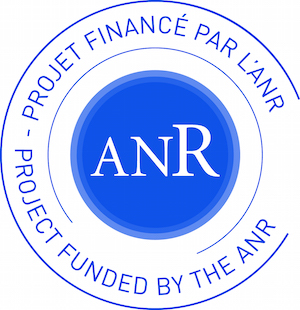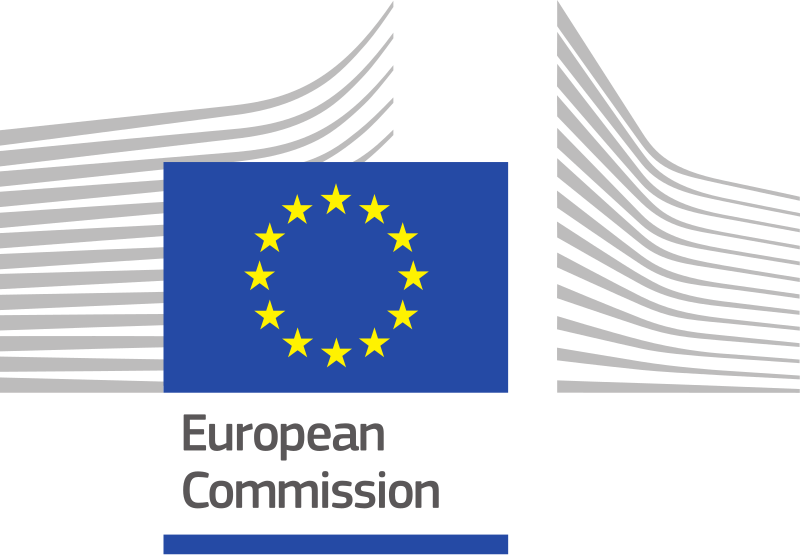Submission of results
Each participant is strongly encouraged to make multiple submissions corresponding to different EER thresholds (see Section 7 of the evaluation plan). For each threshold, participants could submit several systems and should indicate a single system among them as primary i.e. primary.1, primary.2, primary.3, primary.4, and other systems as contrastive, i.e. contrastive1.1, contrastive1.2, …., contrastive.4.1_). Only primary systems will be used for subjective evaluation. Also, for primary systems, participants should submit anonymized training data that they used to train ASV and ASR evaluation models.
Submissions consist of two parts:
- results, scores and anonymized speech data;
- system descriptions.
1. Results, scores, and anonymized speech data
Deadline: August 1 2022, 23.59 Anywhere on Earth (AoE)*
*the primary systems (scores and anonymiyzed dev and test data) should be submitted before this date; the deadline to upload anonymized training data for primary systems and secondary systems is August 5 2022.
Submission: a gzipped TAR archive uploaded to the sftp challenge server voiceprivacychallenge.univ-avignon.fr. Each registered team will receive an email containing a personal login and password to upload data. The name of the archive file should correspond to the team name declared at registration. The archive should be uploaded to the sftp challenge server voiceprivacychallenge.univ-avignon.fr.
Archive structure: the archive should include directories: primary.1, …, contrastive.1.1, contrastive.1.2,… where each directory contains the full results directory generated by the run of the evaluation system and two results directories with scores and metrics (exp/results-<date>-<time> and exp/results-<date>-<time>.orig) generated by the evaluation scripts.
Each directory should contain the corresponding anonymized speech data (wav files, 16kHz, with the same names as in the original corpus) generated for dev and test datasets. Wav files should be submitted as 16-bit signed integer PCM format. These data will be used by the challenge organizers for post-evaluation analyses and to perform subjective evaluation. Only primary systems will be considered in subjective evaluation.
Primary systems also should include anonymized training data that were used to train ASV and ASR evaluation models train-clean-360_anon.
< TEAM NAME USED IN REGISTRATION >
\primary.1\
libri_dev\
libri_test\
vctk_dev\
vctk_test\
results-<date>-<time>
results-<date>-<time>.orig
train-clean-360_anon
\contrastive.1.1\
libri_dev\
libri_test\
vctk_dev\
vctk_test\
results-<date>-<time>
results-<date>-<time>.orig
\contrastive.1.2\
libri_dev\
libri_test\
vctk_dev\
vctk_test\
results-<date>-<time>
results-<date>-<time>.orig
...
2. System description.
Deadline: July 31 2022, 23.59 Anywhere on Earth (AoE)*
All teams that submit results should also submit system descriptions by email to organisers@lists.voiceprivacychallenge.org. System descriptions should be prepared using the Interspeech-2022 paper https://interspeech2022.org/files/IS2022_paper_kit.zip template and should be 2-6 pages in length. Descriptions should be provided for all submitted systems, primary and constrastive, and should be clearly labelled and identifiable.
Participants are requested to report results in a format consistent to that in the challenge evaluation plan.



